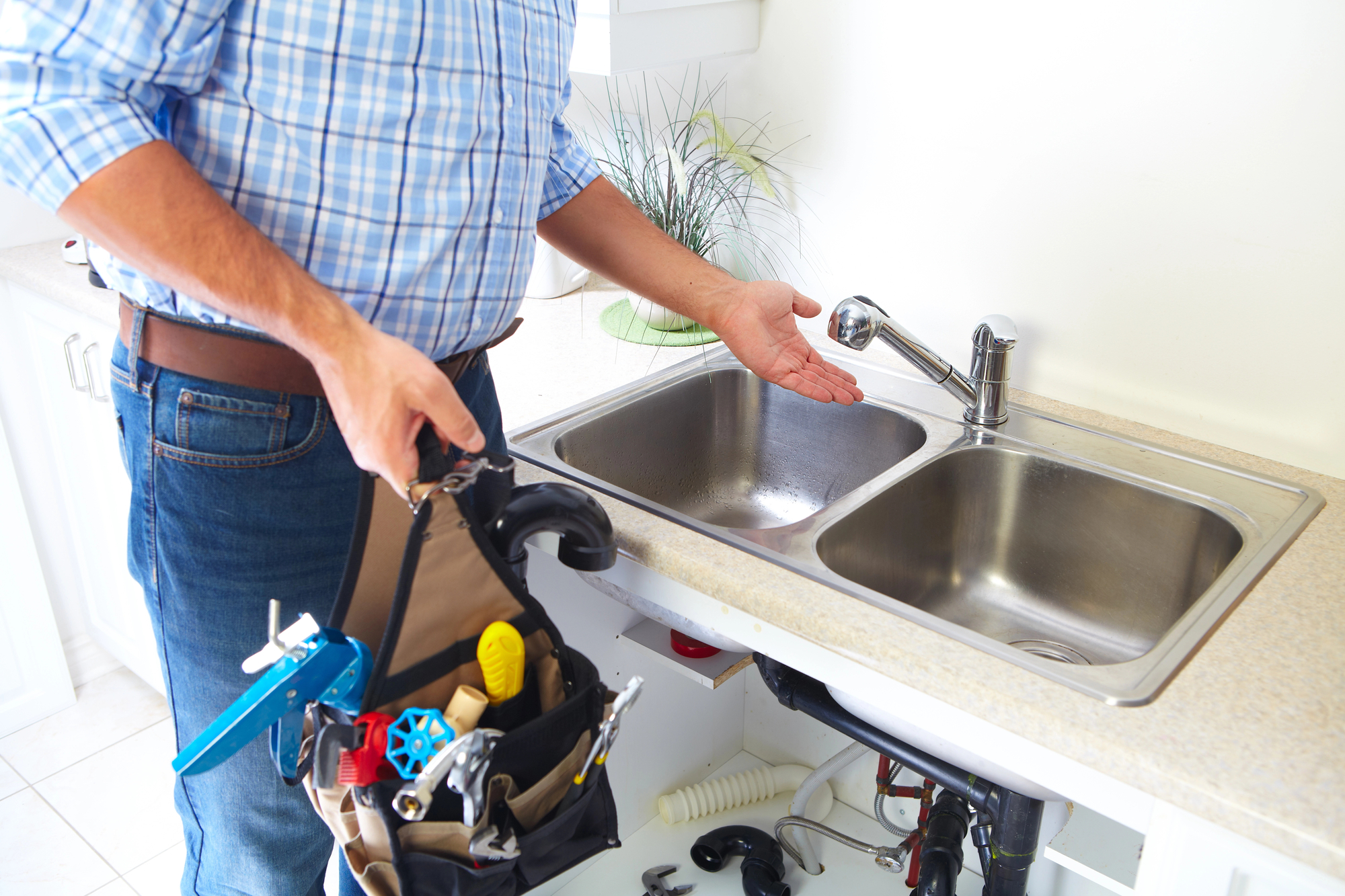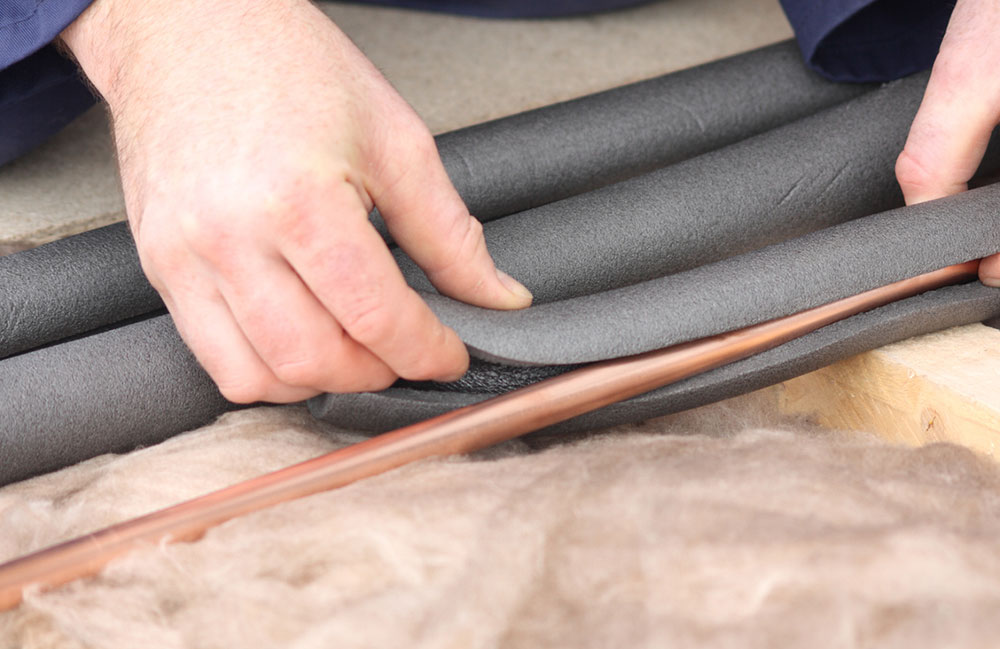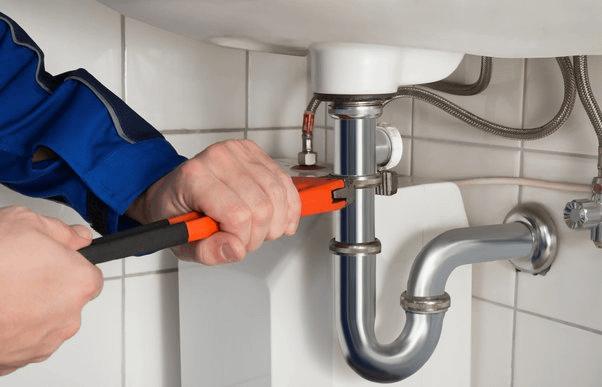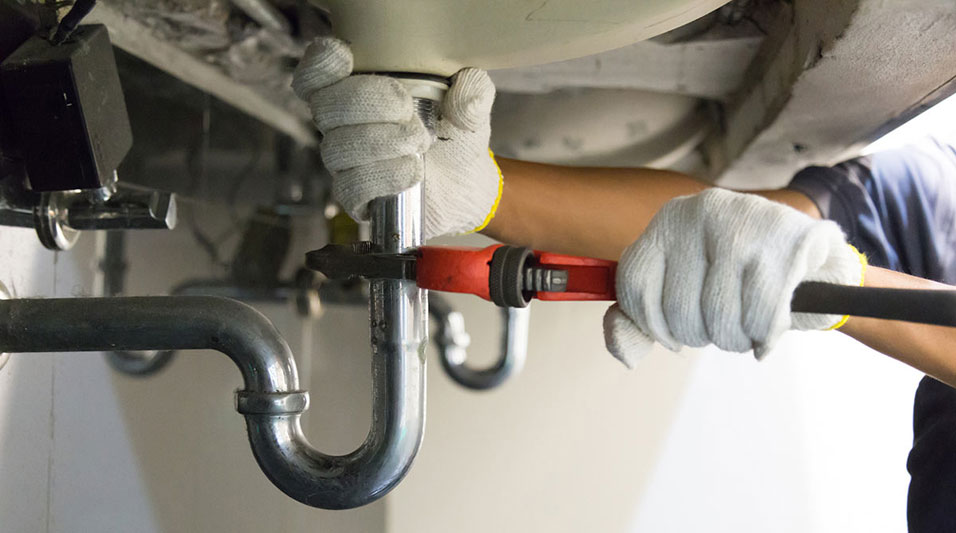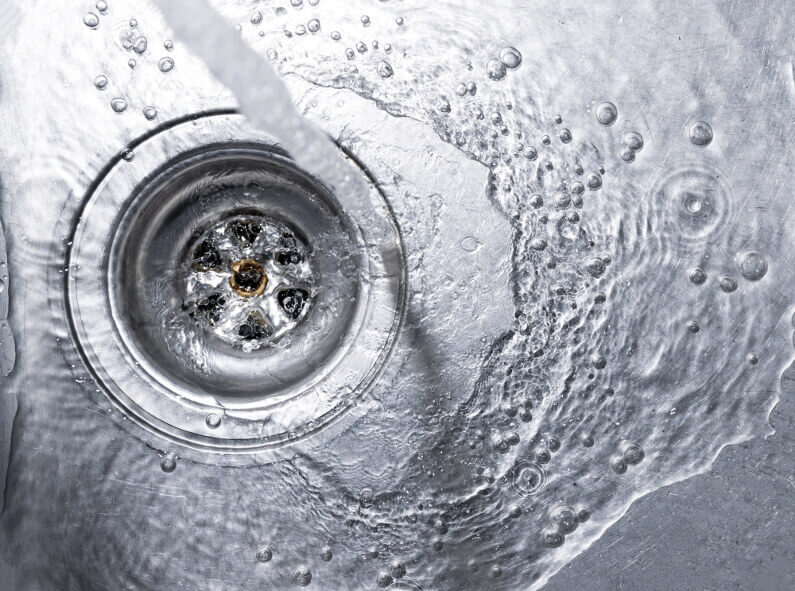Proactive plumbing maintenance is an essential aspect of homeownership that is frequently neglected until a problem arises. Each day, homes rely on a well-functioning plumbing system to supply clean water and efficiently carry away waste. However, when this system is overlooked, minor issues can escalate into more significant dilemmas, such as a blocked drain or a trickle turning into a gush from an exposed pipe. Therefore, taking timely measures for plumbing maintenance is crucial to mitigate such incidents and increase the lifespan of your plumbing fixtures. This article aims to equip homeowners with vital plumbing maintenance tips, from understanding your system and performing regular inspections to handling leaks, cleaning drains and winterising your plumbing.
Understanding Your Home’s Plumbing System
Comprehending the intricacies of your household’s plumbing system lays the groundwork for effective maintenance. The system consists of two critical components: the freshwater system and the drainage system. The freshwater system propels potable water into your home under pressure, allowing it to journey wherever it’s needed – the kitchen, bathroom, laundry or garden. On the other hand, the drainage system works with gravity to dispel wastewater from your property.
As simplified as these concepts may sound, these systems can often exhibit problems due to neglect or age. Issues can range from low water pressure, gurgling sounds from pipes, tepid water temperatures to severe blockages or leaks. Gaining familiarity with your plumbing system, its layout and mechanisms can enable timely detection of these faulty signs. Regular checks for rusting pipes, loose connections, damp cabinets, or compromised water quality can go a long way to prevent cold showers, high water bills or serious flooding.
Regular Inspections for Preventive Plumbing Maintenance
An integral step in plumbing maintenance is the regular inspection of your system, and a good plumber can help with maintenance tasks around the home, making the process easier and ensuring you identify potential issues before they become major problems. While visual checks may seem simple, they can identify many potential issues before they escalate and cause significant damage. Careful observation can detect leaky faucets, silent toilet leaks, corroded pipes, slow drainage, or even abnormalities in your hot water system.
Extend your inspections to your water metre. Watch for unexpected fluctuations in usage, which could indicate a potential leak. Don’t forget the external plumbing, including gutters, downpipes, and drain outlets, which can impact your system’s health. By performing these regular inspections with a plumber’s guidance and documenting changes, you can catch potential issues early, leading to substantial time, money, and stress savings. Remember, even easily preventable problems can escalate into costly repairs if left unchecked.
How to Handle Leaks and Drips
For many homeowners, the thought of water leaks often conjures images of devastating water damage. However, many leaks start as minor drips from fixtures, which, if addressed promptly, could save your property from substantial damage. Be vigilant for signs like:
- Higher than normal water bills
- A curiously spinning water metre
- Damp ceilings or stained walls
- A mossy smell
- The persistent sound of running water
While a small leak may be resolved with a quick fix, a recurring or significant leak may indicate more serious plumbing issues requiring professional attention. Don’t hesitate to call a qualified plumber to diagnose and address the problem before it becomes a major headache (and expense)!
The Proper Way to Clean Your Drains
Maintaining clean drains is a vital step towards proactive plumbing maintenance. If not cleaned periodically, the accumulation of grease, hair, soap and food waste can lead to blocked pipes and in more severe cases, even a sewage backup causing an unsavoury mess in your home.
Home remedies such as a vinegar-baking soda solution or a hand plunger can effectively clear minor blockages and maintain clean drains. However, aggressive drain cleaners, while enticing for their promised results, can damage your pipes with repeated use and should be avoided. For chronic or stubborn clogs, it’s wise to engage the services of a professional plumber who can correctly diagnose and resolve the issue.
Winterising Your Plumbing to Prevent Freezing
In chillier regions, winterising plumbing is a serious task that remains neglected at the homeowner’s peril. When temperatures plummet, the water inside pipes can freeze, leading to the expansion of water, which can potentially cause pipes to burst. This situation often leads to extensive property damage and unexpected expenses.
To prevent such instances, homeowners must winterise their plumbing systems. From insulating exposed pipes, sealing cracks and openings that let in the chilly wind, draining water from auxiliary systems like sprinkler lines, these steps can seem daunting but play a pivotal role in preserving the integrity of the plumbing system in freezing weather.
Conclusion
As a homeowner, the mantra of regular and preventive plumbing maintenance should be well ingrained, assumed as a practice of a diligent, well-organised work plan. Regular plumbing maintenance sidesteps the higher cost of significant repairs and replacements, ensuring the home’s most critical water systems function smoothly.
Whether it’s getting familiar with your home’s layout of pipes, conducting attentive inspections, immediately addressing leaks, ensuring clean drains or protecting your plumbing in icy weather, these simple maintenance tips are priceless. Lastly, while some tasks can be undertaken by homeowners, significant tasks should be left to a professional plumber equipped with the right skills and tools to ensure the longevity of your home’s plumbing system. Starting today, adopt these maintenance strategies to ensure a well-functioning, efficient plumbing system for your home.

